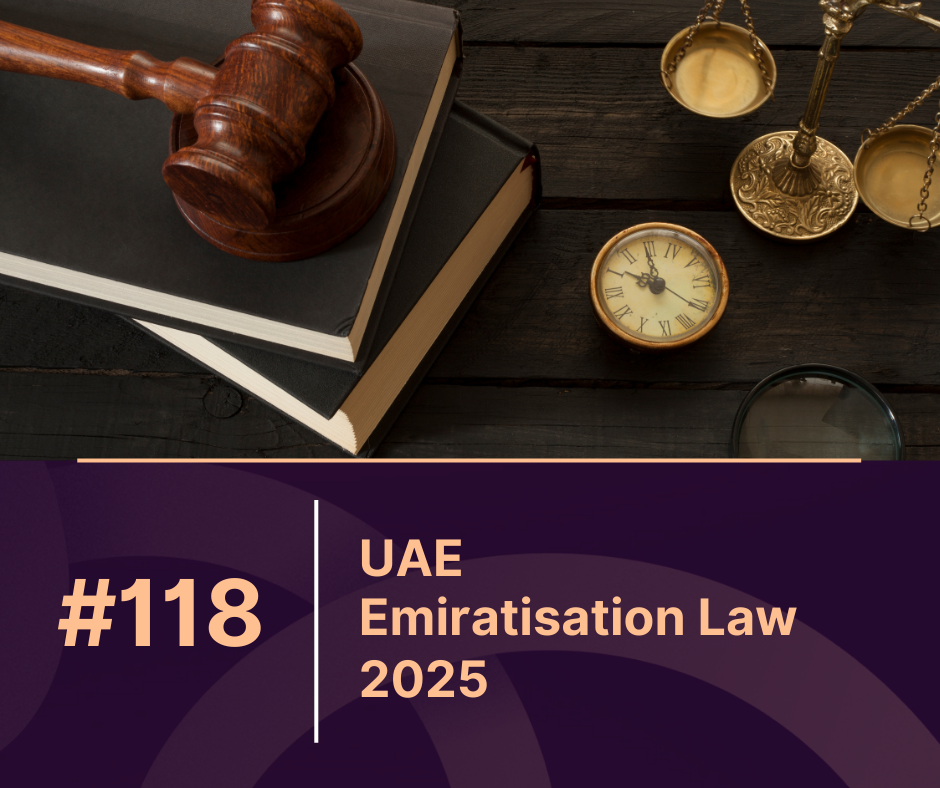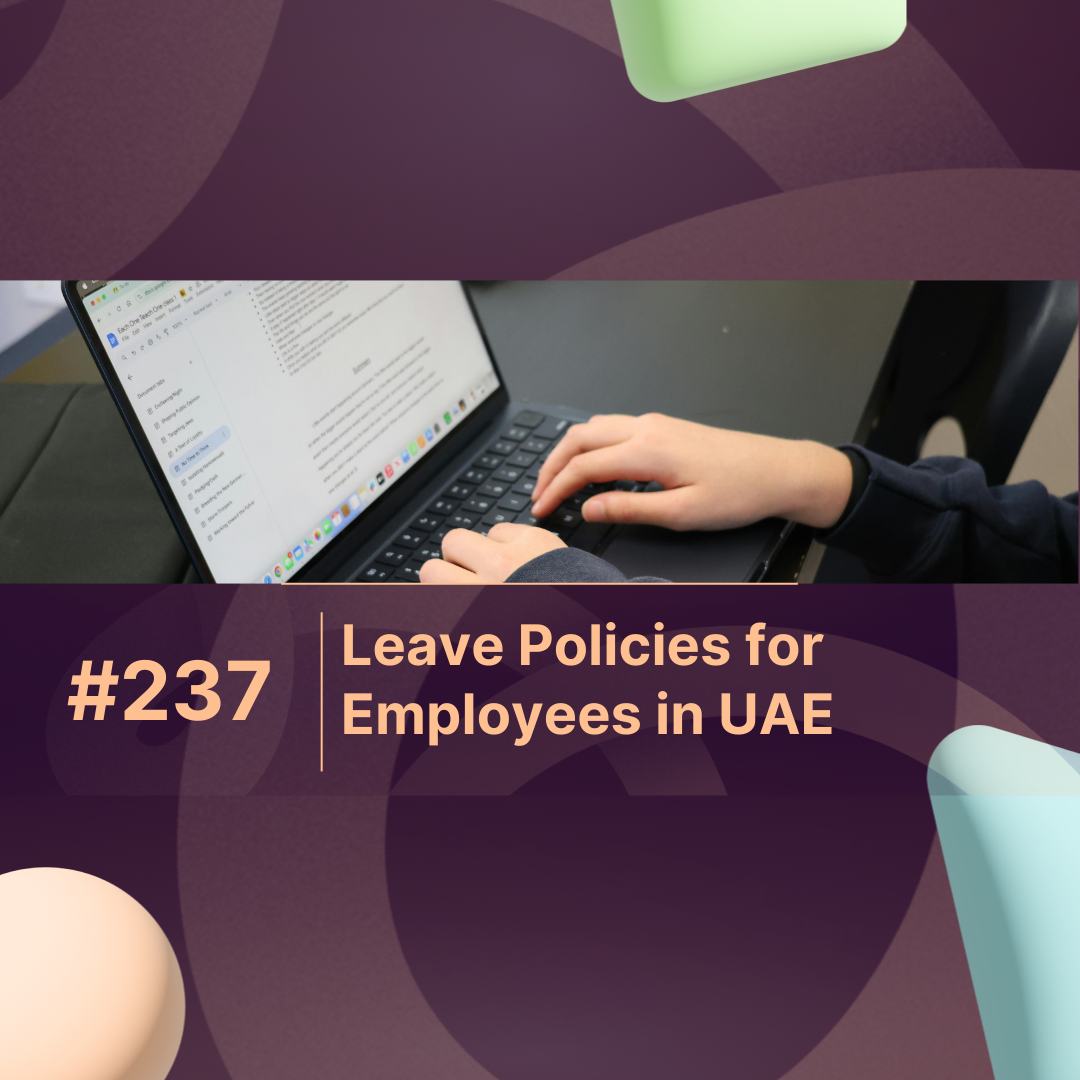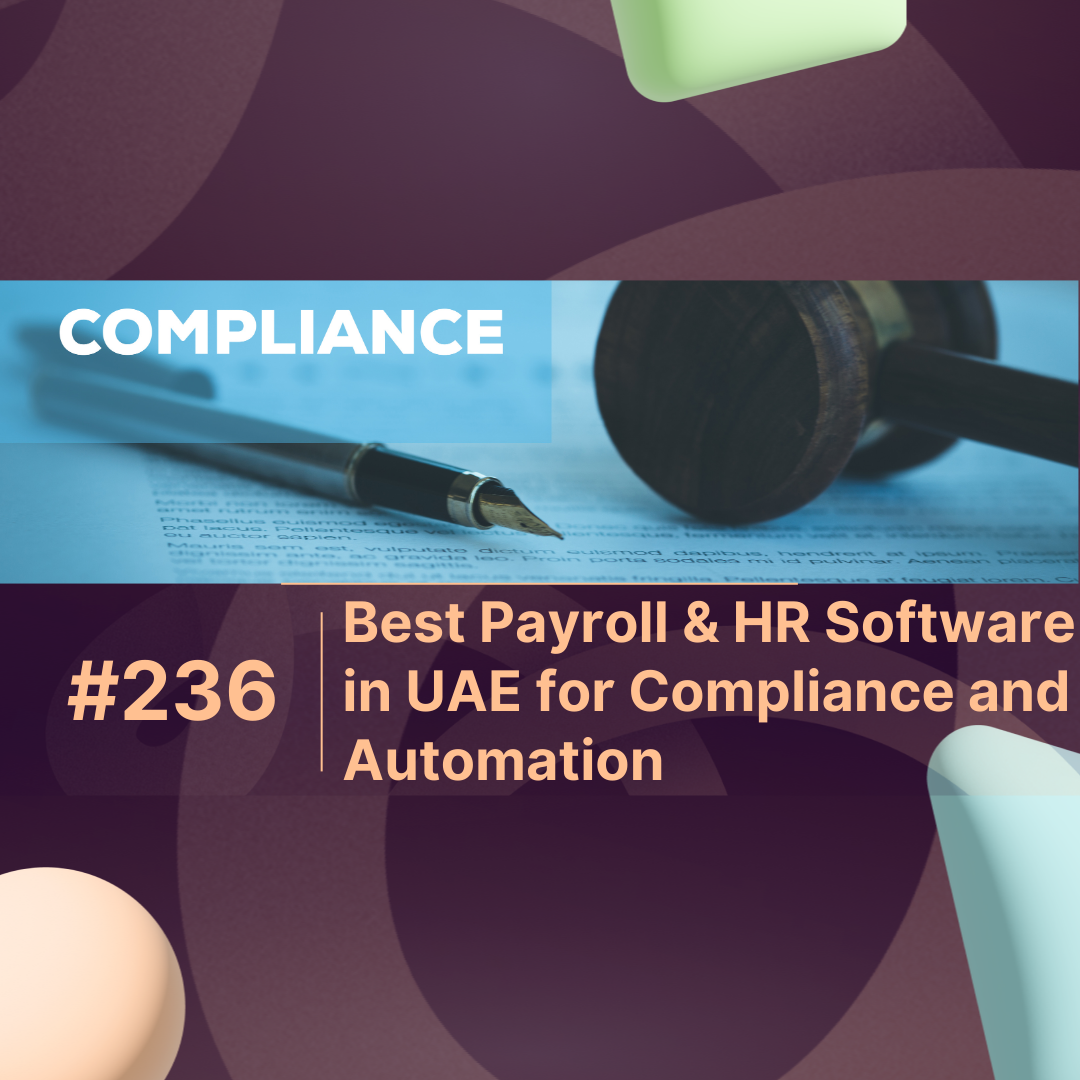Overview
The UAE Emiratisation Law is a key policy initiative by the United Arab Emirates to boost the participation of Emirati nationals in the private sector workforce. While the initiative has existed for years, new reforms and stricter implementation measures have been introduced recently to ensure compliance across industries.
In this article, we break down the UAE Emiratisation Law, including its rules, benefits, penalties, and what it means for employers and job seekers in 2025. Whether you’re a business owner, HR manager, or UAE national, understanding this policy is critical for strategic workforce planning and legal compliance.
What Is the UAE Emiratisation Law?
The UAE Emiratisation Law mandates that companies operating in the private sector must hire a minimum percentage of UAE nationals based on their industry and employee size. This law is part of the government’s long-term vision to build a competitive and inclusive economy that empowers local talent.
Key Rules Under the UAE Emiratisation Law
Here’s a quick breakdown of the latest requirements as of 2025:
Emiratisation Quota Table
| Company Size (Employees) | Sector | Minimum Emirati Employees | Compliance Deadline |
|---|---|---|---|
| 50 – 100 | Private (General) | 1 Emirati | June 2025 |
| 101 – 200 | Private (General) | 2 Emiratis | June 2025 |
| 201+ | Strategic Sectors Only | 1 Emirati for every 50 expats | Ongoing |
Note: Companies in free zones currently have different rules but may soon be subject to the same guidelines.
Benefits of the UAE Emiratisation Law
The policy is not just a legal mandate—it’s a strategic opportunity for organizations. Here’s how companies and Emiratis benefit:
For Companies
-
Access to Government Incentives: Businesses that meet quotas may receive grants, reduced fees, and public tenders.
-
Enhanced Brand Image: Employers aligned with national goals build stronger reputations.
-
Long-Term Workforce Stability: Emiratis are more likely to stay in long-term roles when supported well.
For UAE Nationals
-
Increased Job Opportunities: More private sector roles become available for qualified Emiratis.
-
Career Development: Access to training and professional growth programs.
-
Economic Empowerment: Participation in a knowledge-based economy.
Penalties for Non-Compliance
Failure to adhere to the UAE Emiratisation Law can lead to strict penalties. These are enforced by the Ministry of Human Resources and Emiratisation (MoHRE).
Common Penalties Include:
-
Monthly Fines: AED 7,000 per missing Emirati employee (increased annually by AED 1,000)
-
Suspension of Work Permits
-
Ineligibility for Government Contracts
-
Blacklisting of Companies
To avoid penalties, companies are encouraged to automate compliance tracking and maintain accurate HR documentation.
Who Must Comply?
All private sector companies registered in the UAE mainland must comply with the law, especially those with 50 or more employees. Businesses in banking, insurance, trade, and real estate are under higher scrutiny.
Companies operating in free zones are currently exempt but are encouraged to voluntarily adopt Emiratisation practices in anticipation of future regulation.
How to Stay Compliant
To stay aligned with the UAE Emiratisation Law, organizations should:
-
Regularly audit HR and recruitment practices
-
Use compliance tools that track quotas and generate reports
-
Partner with training centers to upskill hired Emiratis
-
Align HR policies with national workforce goals
Many UAE businesses now integrate smart HR and compliance software like Max ERP to streamline Emiratisation tracking, simplify reporting, and stay audit-ready without manual processes.
Conclusion
The UAE Emiratisation Law is not just a legal requirement—it’s a pathway to building a more inclusive and sustainable workforce. With proper planning, technology integration, and a clear understanding of the rules, businesses can not only avoid penalties but also thrive by aligning with the UAE’s national vision.
As the 2025 compliance deadlines approach, companies must act quickly to ensure they are meeting quota requirements. Leveraging tools like Max ERP can make the process smoother, more transparent, and far more efficient.
FAQs
What is Emiratisation in the UAE?
Emiratisation is a government policy requiring UAE companies to hire a minimum number of Emirati nationals, especially in the private sector.
Which companies are affected by the UAE Emiratisation Law?
All mainland private companies with 50+ employees must comply. Free zones are currently exempt but may be included in the future.
What are the penalties for not complying with the law?
Penalties include monthly fines (starting from AED 7,000 per missing Emirati), permit suspensions, and loss of government support.
How can I check if my company is compliant?
You can check through the MoHRE portal or use HR compliance tools like Max ERP to automatically monitor your Emiratisation status.
Are there benefits to hiring more Emiratis than required?
Yes, companies exceeding their quota may receive government incentives, improved access to public contracts, and a stronger reputation.



